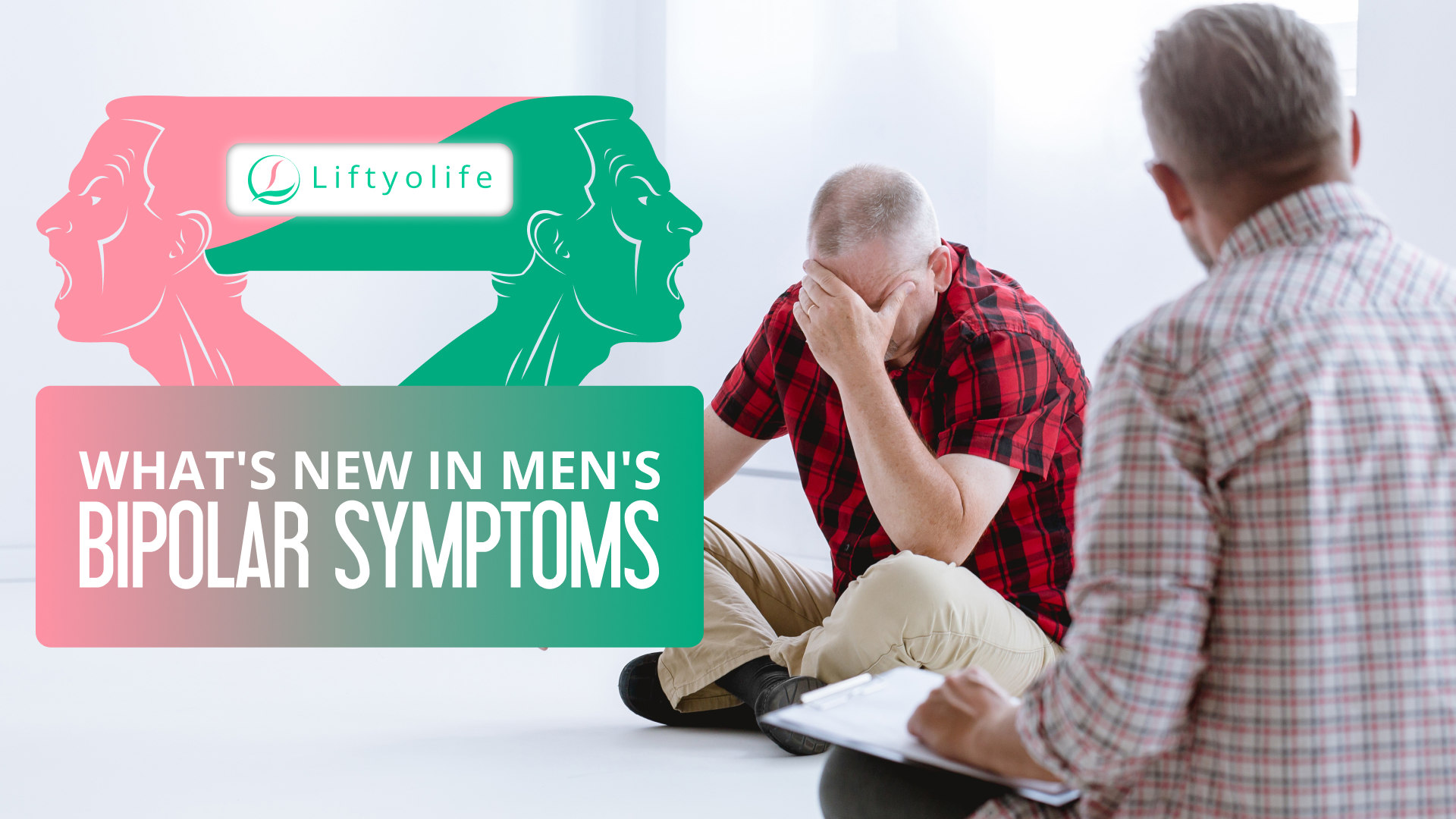How To Stop Overthinking? 12 Tips Can Blow It Far Away

How to stop overthinking? Too many things require your neurons to overwork, gradually killing their wellness. That’s not good at all. After a long day at work, your mind needs to unwind to recharge the battery for the next working day. This means that deep and peaceful sleep can help you recover from all of your brain’s stress and exhaustion. Don’t let overthinking ruin your mental health. Overthinking will no longer pursue you after reading this article by Liftyolife (liftyolife.com).
1. What is overthinking?

What is overthinking?
It is unavoidable for everyone to have many thoughts about life, work, or relationships. Overthinking is defined as having too many ideas or thinking about them for too long. While it’s natural to think things through when making a decision or evaluating a situation, overthinking occurs when you can’t get out of your own head. It appears to all of us at some point in our lives – we all have events that cause us to be concerned or stressed.
Some people can’t seem to turn off their worries. They are concerned and predict the future, making dire predictions about unlikely events that have yet to occur. They also dwell on the past, criticizing themselves for “should haves” and “could haves.” They are concerned about what others may think of them or allow negative self-talk to accumulate in their minds.
Overthinking a tough decision can also lead to problems. Replaying all of your options in your head can result in “paralysis by analysis” – you’re afraid of taking the wrong action, so you don’t take any action at all. However, making a wrong decision is preferable to not deciding at all.
Whether you’re a chronic overthinker or need to make a difficult decision, you’ve probably had sleepless nights where your brain just won’t shut up. Overthinking can exacerbate depression symptoms, increase stress, and impair judgment.
2. Why do I overthink?
This seems like a simple question, but answering it is pretty complicated. Overthinking is frequently a side effect of anxiety or depression. If this is true, you may need to seek treatment for your anxiety or depression to reduce your overthinking.
You may also discover that overthinking manifests itself only when you are faced with a difficult life decision or are coping with your insecurities. Overthinking can often be addressed by changing thoughts and mindsets if it is not a symptom of a deeper emotional issue.
3. How to stop overthinking
Here are 12 tips to help you discover intelligent ways to stop overthinking. Let’s dive into them before getting rid of that problem.
3.1. Understand your triggers
What exactly are triggers? Emotional triggers, also known as mental health triggers or psychological triggers, cause intense negative feelings. This emotional shift can be abrupt, and in most cases, it will feel more severe than the trigger would logically demand.
Everyone has their own triggers. Grasping and understanding them can help us heal and learn how to respond better.
Why do we all seem to have triggers? In a nutshell, because we were all kids once. We all experience pain or suffering as children that we were unable to recognize and deal with adequately at the time. As a result, as adults, we are often triggered by experiences that remind us of these old painful feelings. Therefore, we frequently resort to a habitual or addictive method of coping with painful emotions.
Let’s keep a close eye on your thoughts. Make a mental note of the situation you’re in every time you find yourself ruminating. This includes where you are, what time it is, who you are with, and what you have been doing that day. Creating strategies to avoid or manage these triggers can help you reduce your rumination.
3.2. Put aside perfectionism
As you are aware, not everyone who adheres to perfectionism has a successful career. Why? Because it is based on faulty all-or-nothing thinking, that tenet is one of the most significant impediments to quick, effective decision-making. In other words, perfectionism can lead you to believe that you are a failure if you do not make all the “correct” choices. Or that you must know everything, plan for every contingency, and have a comprehensive plan in place before making a move. It is paralyzing to try to weigh every possible outcome and consideration.
Asking yourself questions before making a decision can help you reduce perfectionism. These questions are:
- Which of the following choices will have the greatest positive impact on my top priorities?
- What is the best next step based on what I know and the information I have right now?
- What is one thing I could do at this moment to get closer to my goal?
- Who do I least want to disappoint out of all the people I could please or displease (one or two people)?
After all, it’s much easier to focus on and act on a single next step than it is to try to project months or years into the future.
3.3. Plan to take action

Plan to take action
If you don’t have a specific plan, you’re unlikely to succeed. Controlling your thoughts is no exception. Rather than repeating the same negative thought over and over, take that thought and make a plan to address it.
Outline each step you take to solve the problem in your head or write it down on paper. Be as specific as possible while also remaining realistic in your expectations.
This will cause your rumination to be disrupted. It will also assist you in moving forward in your attempt to remove a negative thought from your mind permanently.
3.4. Take action
A well-thought-out plan is the first step toward success. Take one small step to address the issue after you’ve outlined a plan of action to address your ruminating thoughts. Refer to the plan you devised to solve the problem you’ve been pondering.
Slowly and incrementally advance with each step until your mind is at ease.
3.5. Distract yourself
Finding a distraction can help you break the cycle when you notice yourself ruminating. Look around you, quickly choose something else to do, and don’t think about it again. Consider:
- Working
- Find something interesting to write
- Calling a friend or family member
- Doing housework
- Rearranging your closet
- Watching a movie
- Drawing a picture
- Reading a book
- Walking around your neighborhood
3.6. Try meditation

Try meditation
Meditation is an excellent way to keep your thoughts shut off and your mind clear by breathing smoothly. In other words, meditating can reduce rumination because it requires you to clear your mind to achieve an emotionally calm state.
When you find yourself in a loop of thoughts in your head, find a quiet place. Sit down, take a deep breath, and concentrate solely on your breathing.
3.7. Talk to a friend
Sharing will assist you in reducing your self-ruminating thoughts. When you release your thoughts to the outside world, you no longer feel isolated. Talking about your feelings with a friend who can provide a fresh perspective may help you break that likely endless cycle.
However, choosing the right friend will determine whether or not you get rid of overthinking. Speak with a friend who can provide you with that perspective rather than ruminate with you.
3.8. Try therapy
If your ruminating thoughts are taking over your life, you should think about seeing a therapist. A good therapist can assist you in determining why you are ruminating and how to address the underlying issues.
3.9. Right-size the problem
Some decisions are worth contemplating, while others are not. Before making a decision, consider what goals, priorities, or people in your life will be impacted. This will assist you in distinguishing between what is meaningful and what is not worth obsessing over.
Similarly, if you’re concerned about the possibility of a decision bombing, try the 10/10/10 test. This is a clever way to resize your problem. Maybe it’s a big decision right now, but consider how you’ll feel about it in 10 weeks, 10 months, or 10 years. It’s likely that the decision will be insignificant or that you won’t remember it at all. Your responses can assist you in putting things into perspective and rallying the motivation you require to take action.
3.10. Readjust your life’s goals
The right goal can help keep your journey on track. Perfectionism and unrealistic goal setting, on the other hand, can lead to rumination. If you set unrealistic goals, you may begin to focus on why and how you didn’t reach a goal or what you should have done to reach it.
Setting more realistic goals that you can achieve can help you avoid overthinking your own actions.
3.11. Question your thoughts
We frequently ruminate when believing we have made a major mistake or when something traumatic has occurred to us for which we feel responsible.
If you find yourself ruminating on a troubling thought, try putting it into context.
Thinking about how your troubling thought may be inaccurate may help you stop ruminating because you realize the thought makes no sense.
3.12. Work on enhancing your self-esteem
Many people who ruminate say they have low self-esteem. In fact, low self-esteem has been linked to increased rumination and a higher risk of depression.
Self-esteem can be improved in a variety of ways. Building on existing strengths, for example, can increase a sense of mastery, which can boost self-esteem.
Some people may choose to work on self-esteem enhancement in psychotherapy. Self-efficacy may improve as your self-esteem improves. You might discover that you have more control over rumination.
Liftyolife (liftyolife.com) is the right place to go for health-related solutions and advice, including how to stop overthinking the aforementioned. Overthinking may be ineffective at first because it appears to occur daily. The line between careful thought and overthinking is skinny. We hope that all of the helpful information we collect and transform in the most straightforward way possible will help you understand what to know and do.







